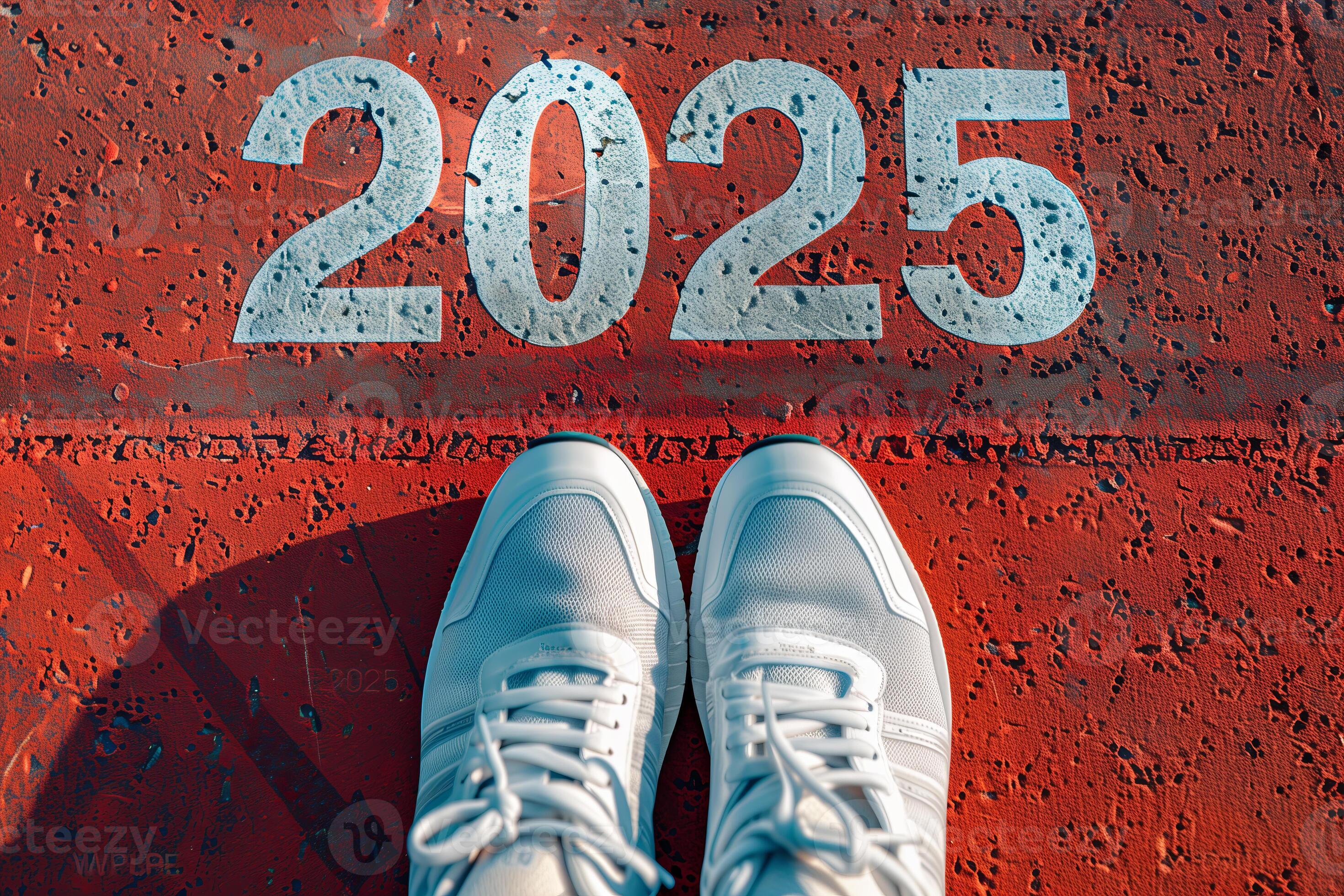
The Pantheon of Giants: A Deep Dive into UEFA Champions League Historical Trivia and Stats
The UEFA Champions League, with its iconic anthem and star-ball logo, represents the pinnacle of European club football. It’s a stage where legends are forged, dreams are realized, and history is written with every thunderous roar from the stands. More than just a football tournament, it’s a tapestry woven with unforgettable moments, staggering records, and a rich vein of historical trivia that captivates fans across generations. From its humble beginnings as the European Champion Clubs’ Cup to its modern, globally televised spectacle, the competition has consistently pushed the boundaries of sporting excellence.
This article embarks on a journey through the annals of the Champions League, unearthing the most fascinating statistics and trivia that define its illustrious past. Prepare to delve into the records of the most dominant clubs, the most prolific players, the shrewdest managers, and the most memorable matches that have etched themselves into the collective memory of football enthusiasts.
The Dynasties and Dominators: Club Supremacy
When it comes to club dominance, one name unequivocally stands above all others: Real Madrid. The Spanish giants are the undisputed monarchs of European football, boasting an astonishing 15 Champions League/European Cup titles. Their early reign saw them win the first five editions consecutively from 1956 to 1960, a feat of sustained excellence that remains unparalleled. Decades later, they re-established their hegemony, winning four titles in five years between 2014 and 2018, including an unprecedented three in a row from 2016 to 2018 under Zinedine Zidane – a record in the modern Champions League era.
Following Real Madrid, the list of most successful clubs includes:
- AC Milan (7 titles): The Rossoneri defined tactical prowess and star power in different eras, particularly under Arrigo Sacchi and Carlo Ancelotti.
- Bayern Munich (6 titles): The Bavarian giants embody German efficiency and resilience, consistently challenging for the top prize.
- Liverpool (6 titles): England’s most successful club in the competition, known for their dramatic comebacks and passionate support.
- Barcelona (5 titles): Their tiki-taka era under Pep Guardiola delivered some of the most aesthetically pleasing football and multiple titles.
Beyond the sheer number of titles, some clubs hold unique distinctions. Nottingham Forest famously won the European Cup twice in a row (1979, 1980) under Brian Clough, a remarkable achievement for a club that wasn’t a traditional European powerhouse. Ajax also achieved a hat-trick of titles from 1971 to 1973, spearheaded by the legendary Johan Cruyff.
The competition has also seen an increasing spread of winners in the Champions League era, reflecting the growing competitiveness. While the early European Cup was dominated by a handful of clubs, the expanded format has allowed more teams from diverse leagues to reach the final, even if the ultimate prize still frequently lands with the traditional elite.
Individual Brilliance: Player Records
The Champions League is a stage for individual genius, and its history is littered with players who have set seemingly insurmountable records.
Most Goals:
The battle for the top scorer title has been a defining narrative of the modern era, primarily due to the rivalry between two titans: Cristiano Ronaldo and Lionel Messi.
- Cristiano Ronaldo holds the record for the most goals in Champions League history, with over 140 goals. He is also the only player to have scored in three Champions League finals and the only player to score in all six group stage matches in a single season. His prolificacy, particularly during his time at Real Madrid, is simply staggering.
- Lionel Messi is second, with over 129 goals. Messi holds the record for most goals scored for a single club in the competition (all for Barcelona) and has the most hat-tricks (tied with Ronaldo). His consistent brilliance and ability to conjure magic moments are legendary.
Other notable top scorers include Robert Lewandowski, Karim Benzema, and Raúl, all of whom have surpassed the 70-goal mark.
Most Appearances:
Longevity and consistent performance at the highest level are celebrated through appearance records.
- Cristiano Ronaldo also leads this category with over 180 appearances, showcasing his incredible endurance and enduring relevance in the sport.
- Iker Casillas, the former Real Madrid and Porto goalkeeper, is second with 177 appearances, a testament to his long and distinguished career.
- Other stalwarts like Lionel Messi, Karim Benzema, Xavi Hernández, and Paolo Maldini feature prominently, having dedicated decades to the European stage.
Most Titles (Players):
While Real Madrid dominates team titles, several players have been integral to these successes.
- Paco Gento, a key figure in Real Madrid’s original five consecutive European Cup wins, holds the record with an astonishing 6 titles.
- In the modern era, a cohort of Real Madrid players from the 2010s dynasty – including Toni Kroos, Luka Modric, Dani Carvajal, Nacho, and Cristiano Ronaldo – have all lifted the trophy 5 times, equalling Alfredo Di Stéfano and Paolo Maldini.
Unique Scoring Records:
- Fastest Goal: Roy Makaay scored for Bayern Munich against Real Madrid in just 10.12 seconds in 2007.
- Fastest Hat-trick: Bafétimbi Gomis netted three goals in just 8 minutes for Lyon against Dinamo Zagreb in 2011.
- Youngest Goalscorer: Ansu Fati, for Barcelona against Inter Milan in 2019, at just 17 years and 40 days old.
- Oldest Goalscorer in a Final: Paolo Maldini, for AC Milan against Liverpool in 2005, at 36 years and 333 days old.
Managerial Masterminds
Behind every great team is a visionary manager, and the Champions League has seen its share of tactical geniuses.
- Carlo Ancelotti holds the record for the most Champions League titles won by a manager, with 5 titles (2 with AC Milan, 3 with Real Madrid). His calm demeanor and ability to manage star-studded squads are legendary.
- Zinedine Zidane etched his name into history by winning 3 consecutive titles with Real Madrid (2016-2018), a truly unprecedented feat in the modern era.
- Other managers with multiple titles include Bob Paisley (3 with Liverpool), Pep Guardiola (3 with Barcelona and Manchester City), and José Mourinho (2 with Porto and Inter Milan). These individuals have shaped eras and left an indelible mark on the competition.
Unforgettable Matches and Moments
Beyond the raw statistics, the Champions League is defined by its dramatic narratives.
- The Miracle of Istanbul (2005): Liverpool’s comeback from 3-0 down at halftime against AC Milan in the final, winning on penalties, is arguably the most famous final in history.
- La Remontada (2017): Barcelona’s stunning 6-1 victory over Paris Saint-Germain in the Round of 16, overturning a 4-0 first-leg deficit, remains the greatest comeback in knockout stage history.
- Manchester United’s Treble (1999): Their dramatic two-goal stoppage-time comeback against Bayern Munich in the final to win 2-1 completed an unprecedented treble (Premier League, FA Cup, Champions League).
- Chelsea’s Maiden Title (2012): Against all odds, Chelsea, under Roberto Di Matteo, defeated Bayern Munich in their own stadium on penalties, showcasing immense resilience.
The competition has also seen some incredibly high-scoring affairs, such as Borussia Dortmund’s 8-4 victory over Legia Warsaw in the 2016 group stage, the highest-scoring match in the tournament’s history. Penalties have frequently added to the drama, with numerous finals and knockout ties decided by the nerve-wracking shootout.
National Pride and League Supremacy
The success of clubs in the Champions League often reflects the strength of their domestic leagues.
- Spain stands as the most successful nation, with its clubs collectively winning 20 titles (Real Madrid 15, Barcelona 5). Spanish teams have also reached the most finals.
- England is second, with its clubs accumulating 15 titles (Liverpool 6, Manchester United 3, Chelsea 2, Nottingham Forest 2, Aston Villa 1, Manchester City 1). English clubs have also been remarkably consistent in producing finalists in recent years.
- Italy (12 titles) and Germany (8 titles) follow, showcasing the historical dominance of Serie A and the Bundesliga.
Interestingly, while certain nations dominate the winner’s circle, the Champions League era has seen a broader representation in the semi-finals and finals, highlighting the increasing competitiveness across Europe’s top leagues. The financial power and global reach of the Premier League, in particular, have seen English clubs become consistent contenders in the 21st century.
Unique and Niche Records
The Champions League also boasts a collection of intriguing niche records:
- Perfect Group Stage: Only a handful of teams have managed to win all six group stage matches, including AC Milan (1992-93), Paris Saint-Germain (1994-95), Spartak Moscow (1995-96), Barcelona (2002-03), Real Madrid (2011-12, 2014-15, 2023-24), and Bayern Munich (2019-20, 2021-22).
- Most Red Cards: Sergio Ramos, Zlatan Ibrahimović, and Edgar Davids are among the players who have received the most red cards in the competition.
- Most Goals by a Goalkeeper: Hans-Jörg Butt holds the unique record of scoring three penalties in the Champions League, all against Juventus, for three different clubs (Hamburg, Bayer Leverkusen, Bayern Munich).
- Fewest Goals Conceded in a Season: Chelsea (2005-06) conceded just 2 goals in 10 matches before being eliminated in the Round of 16.
The Evolution of a Legend
From its inception in 1955 as the European Champion Clubs’ Cup, a straightforward knockout tournament for domestic champions, the competition underwent a significant transformation in 1992, rebranding as the UEFA Champions League. This change introduced a group stage, expanded participation to non-champions from top leagues, and significantly increased its commercial appeal and global reach. This evolution has made the tournament more inclusive, more lucrative, and arguably, more competitive, ensuring its continued relevance and increasing its pool of historical data.
Conclusion
The UEFA Champions League is more than just a football tournament; it’s a living archive of footballing greatness. Every season adds new chapters to its already rich history, with fresh records being set and old ones challenged. The statistics and trivia discussed here merely scratch the surface of the countless stories, heroic performances, and nail-biting finishes that have defined this magnificent competition.
From Real Madrid’s unparalleled dominance to the individual brilliance of Ronaldo and Messi, from the tactical ingenuity of Ancelotti to the dramatic comebacks that defy belief, the Champions League continually reminds us why football is the world’s most beloved sport. Its blend of historical legacy and unpredictable future ensures that fans will forever be captivated by the quest for European glory, eagerly awaiting the next piece of trivia to add to its ever-expanding, legendary narrative.



